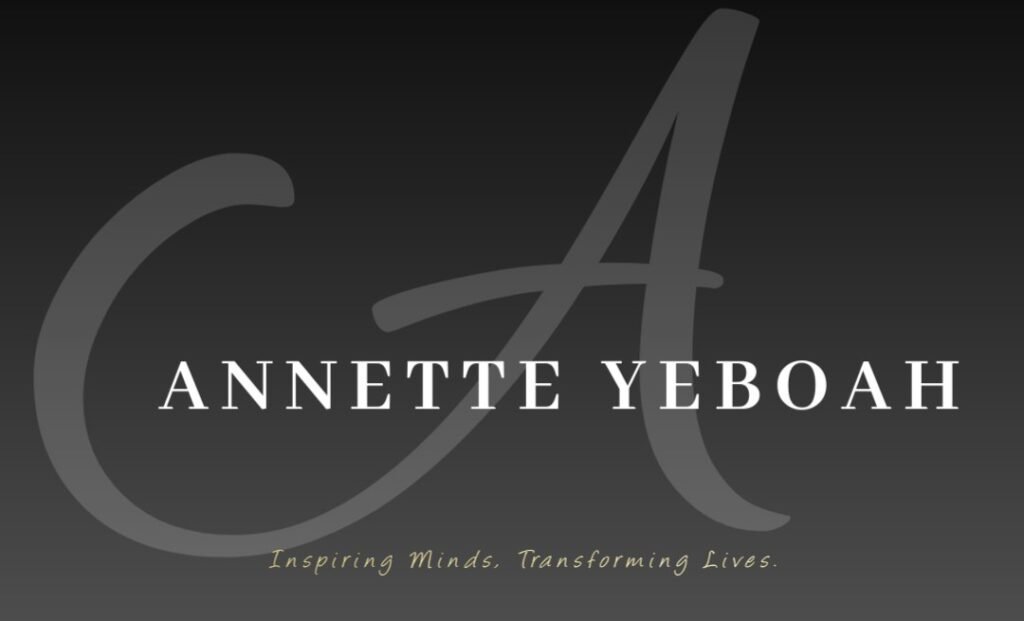Ghana, a country rich in culture, history, and boundless potential, is a land of immense pride. Our vibrant traditions, sense of community, and resilience in the face of challenges are truly remarkable.
Yet, despite these strengths, I find myself increasingly fascinated and concerned by a certain mindset that seems to hold us back, ‘the blind-mindedness’ that persists in many aspects of our society.
Our deep reverence for tradition is one of the defining features of Ghanaian life. We cherish our customs, uphold our ancestral practices, and pass them down through generations.
But this respect for the past can sometimes become a barrier to progress. Too often, we find ourselves trapped in the mindset of “This is how it’s always been done,” even when change could lead to better outcomes.
In the Ghanaian society, community is everything. Our identity is tied to the groups we belong to, family, tribe, church, political party. While this sense of belonging gives us strength, it can also foster a dangerous form of groupthink. We often conform to the beliefs and practices of our group without questioning them, leading to a collective blindness that stifles critical thought.
Many of us align with a particular party out of loyalty rather than an informed evaluation of their policies. This unwavering support, passed down through generations, often perpetuates mediocrity.
We continue to elect leaders who fail to deliver, simply because they belong to “our” party. Imagine the change we could achieve if we broke free from this cycle and demanded more from our leaders.
One of the most troubling examples of this blind-mindedness is the influence of fetish priests in some communities. These spiritual figures hold immense power, claiming to have direct communication with the gods. They are often consulted for everything from personal issues to major community decisions. While faith is an integral part of our culture, the blind trust placed in these priests can be exploited.
It’s not uncommon for a fetish priest to demand a significant sum of money, claiming it’s needed to pacify the gods or perform a ritual that will bring good fortune. Out of fear or desperation, people comply, handing over their hard-earned money without questioning whether these demands are legitimate. This unquestioning belief not only exploits the vulnerable but also keeps us shackled to fear and superstition when rational solutions are available.
Another troubling aspect of this blind-mindedness is the tendency to blame successive governments for personal challenges, particularly the inability to find jobs. It’s easier to point fingers at those in power than to take responsibility for one’s own actions or inactions. This mindset overlooks personal accountability and perpetuates a culture of dependency.
Yes, the government plays a significant role in creating an environment conducive to employment and economic growth, but it cannot be the sole provider of jobs.
The lack of initiative, the unwillingness to explore entrepreneurial opportunities, and the refusal to adapt to changing job markets are often the real culprits behind unemployment. Yet, instead of self-reflection, many choose to scapegoat the government, failing to see how their own blind-mindedness contributes to their situation.
Perhaps even more concerning is the pervasive “I don’t care” attitude that accompanies this blind-mindedness. This attitude manifests as apathy toward critical issues, indifference to the needs of others, and a general lack of civic responsibility.
Whether it’s littering the streets, failing to stand up against corruption, this lack of engagement erodes the very fabric of our society.
This indifference is a dangerous form of blindness, one that prevents us from taking collective action to improve our communities and our nation. It is this attitude that allows problems to fester and injustices to go unchecked. If we continue to turn a blind eye to the issues around us, how can we expect to build a better future?
From a young age, we are taught to respect authority and accept information without questioning. In classrooms, memorization is often valued over understanding, and students who challenge the status quo are seen as troublemakers rather than independent thinkers.
This approach produces individuals who are good at following instructions but lack the ability to think critically or creatively. It’s time we reformed our education system to encourage questioning and innovation.
We need to teach our children not just to absorb knowledge, but to analyze, challenge, and improve upon it.
Despite these challenges, I believe in the potential of our people. Ghana is a nation of resilient, intelligent, and resourceful individuals. The younger generation, in particular, is beginning to challenge the norms, question authority, and embrace new ideas. They are the key to breaking free from the blind-mindedness that has held us back for so long.
We must encourage this shift. We must embrace change, welcome innovation, and promote critical thinking in every aspect of our lives. It’s not about abandoning our traditions or rejecting our identity, it’s about evolving, growing, and ensuring that our rich heritage propels us forward rather than holding us back.
The blind-mindedness I see in some Ghanaians is both fascinating and frustrating because it hides a wealth of untapped potential. If we can overcome this mindset, if we can open our eyes to the possibilities that lie beyond our comfort zones, there is no limit to what we can achieve as a nation.
Ghana has all the ingredients for success; we just need the courage to see them and the wisdom to use them. Let’s break free from the past, not by forgetting it, but by building on it with open minds and forward-thinking attitudes. The future of Ghana depends on it.





